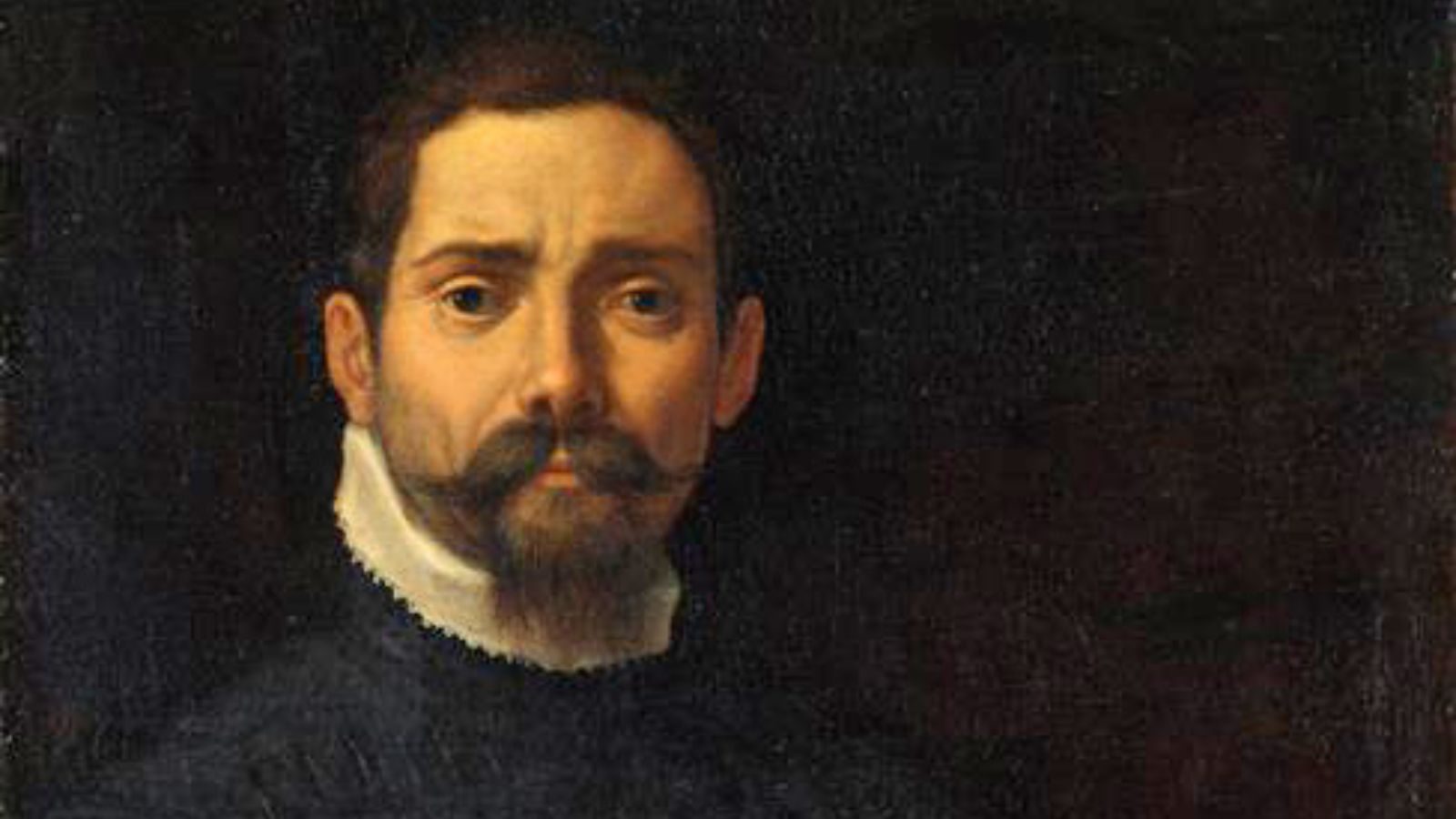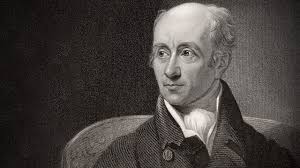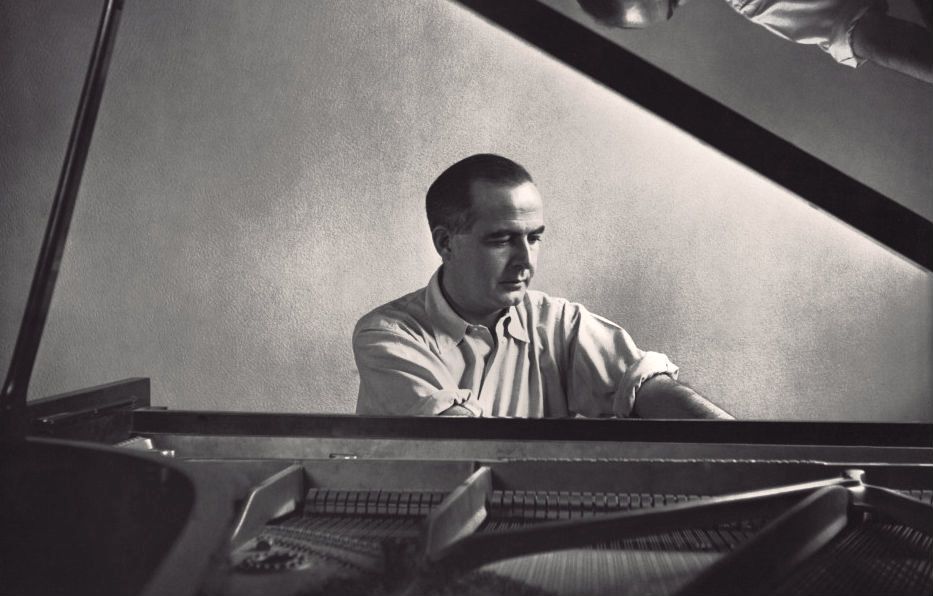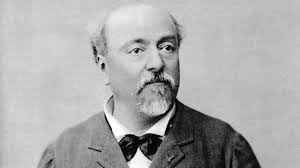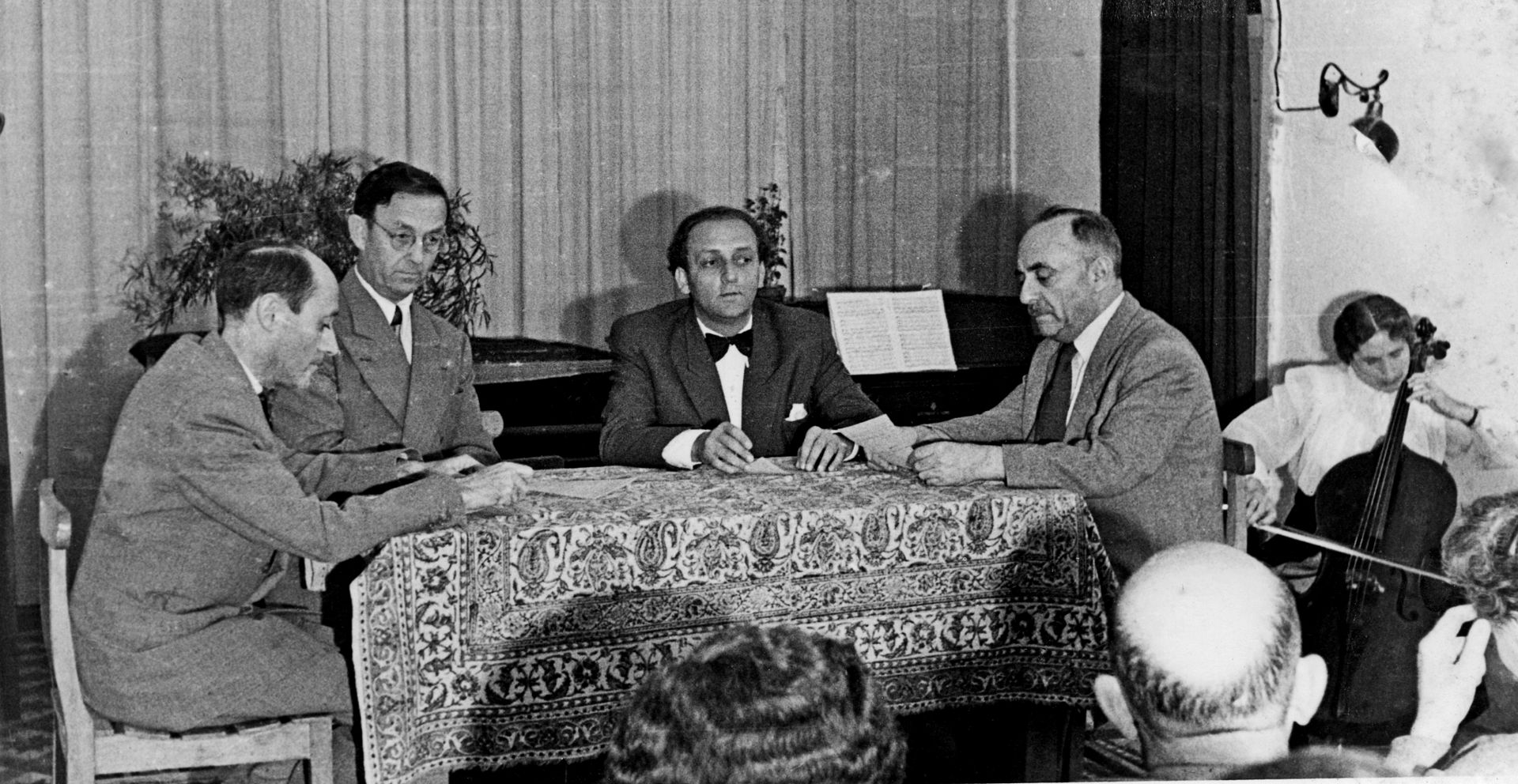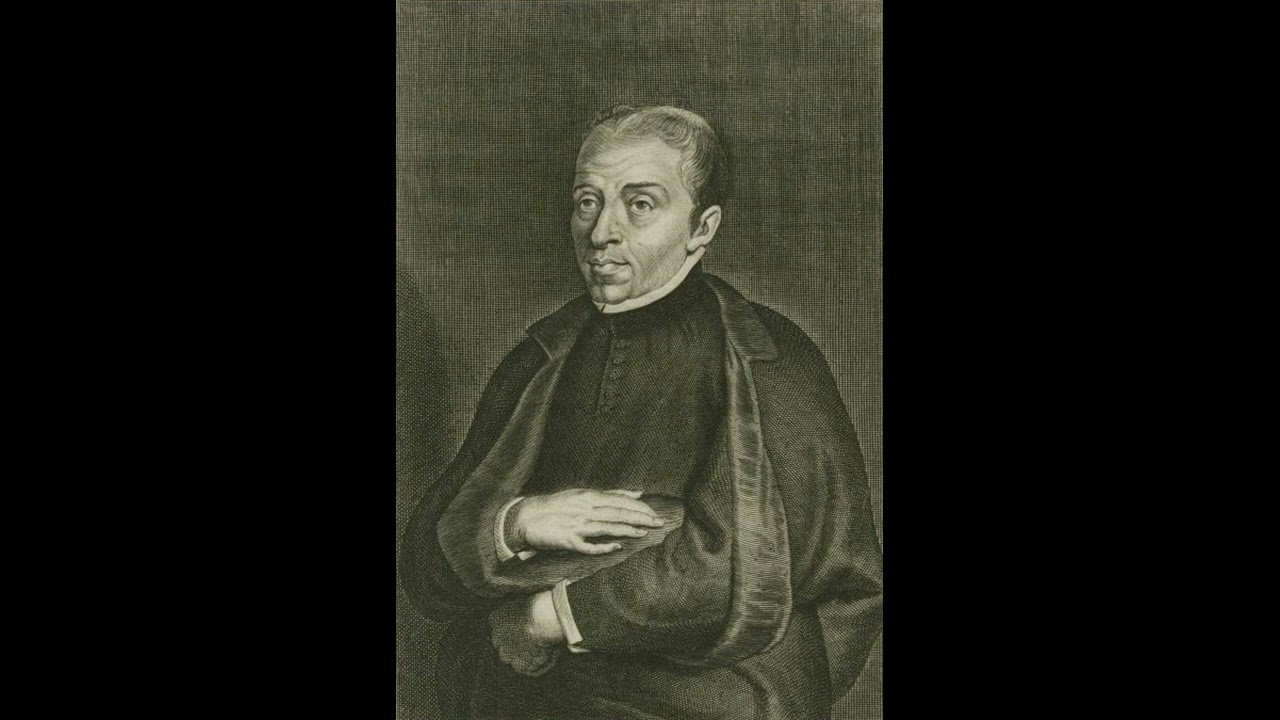Giovanni Gabrieli was a pivotal figure in the development of Renaissance music, particularly in the realm of polychoral compositions. Here are 10 fascinating facts about this influential composer:
1 - Birth and Early Life: Giovanni Gabrieli was born in Venice around 1554 or 1557, likely into a musical family. His uncle, Andrea Gabrieli, was a renowned composer and organist.
Giovanni Gabrieli, a luminary of the late Renaissance, was born around 1554 in Venice, Italy. Renowned for his contributions to Venetian polychoral and instrumental music, Gabrieli's compositions exemplify the grandeur and innovation of the Venetian School.
As a young musician, Giovanni Gabrieli received his early training from his uncle, the celebrated composer Andrea Gabrieli. Under his guidance, Giovanni developed a profound understanding of music theory and composition. He later honed his skills as an organist and composer, securing positions at prestigious institutions such as St. Mark's Basilica in Venice.
Muzio Clementi, an Italian composer, pianist, and conductor, left an indelible mark on the classical music landscape of the late 18th and early 19th centuries. Born on January 23, 1752, in Rome, Clementi's musical talents emerged at an early age. His father recognized his son's aptitude and ensured he received quality musical education, leading him to study under several renowned composers and musicians in Italy.
Clementi's proficiency on the keyboard quickly became evident, and by his teenage years, he was renowned as a virtuoso pianist. At the age of just fourteen, he attracted the attention of Sir Peter Beckford, a wealthy Englishman, who became his patron and facilitated his move to England. This marked the beginning of Clementi's international career.
Muzio Clementi, an Italian composer, pianist, conductor, and music publisher, left an indelible mark on the landscape of classical music during the late 18th and early 19th centuries. Born on January 23, 1752, in Rome, Clementi displayed extraordinary musical talent from a young age. Recognizing his potential, his father, a silversmith, enrolled him in music lessons.
At the age of 14, Clementi caught the attention of English visitors to Rome, who were impressed by his virtuosic piano playing. They persuaded his father to allow him to accompany them to England, where he would further his musical education. This decision proved pivotal in Clementi's career, as it led to numerous opportunities and successes.
Emmanuel Chabrier was a French composer known for his lively and colorful music that often captured the essence of French culture and spirit. Here are 10 interesting facts about this influential figure:
1 - Early Life: Born on January 18, 1841, in Ambert, France, Chabrier showed musical talent from a young age. Despite his interest in music, he initially pursued a career in law before devoting himself entirely to composition.
Emmanuel Chabrier was a prominent figure in the realm of French classical music during the late 19th century. Born on January 18, 1841, in Ambert, France, he demonstrated a profound musical talent from an early age. Despite being trained as a civil servant and initially pursuing a career in law, Chabrier's passion for music eventually led him down a different path.
In his early twenties, Chabrier moved to Paris, where he immersed himself in the city's vibrant musical scene. He befriended several influential composers and artists of the time, including Claude Debussy, Paul Verlaine, and Vincent d'Indy. Through these connections, he gained exposure to a wide array of musical styles and ideologies, which would later influence his own compositions.
Born on September 24, 1910, in the rich cultural milieu of the Austro-Hungarian Empire, Frank Pelleg's destiny as a musical virtuoso seemed ordained from an early age. Hailing from a lineage deeply rooted in the world of classical music, Pelleg's journey unfolded amidst the turbulent backdrop of shifting borders and political upheavals.
From his formative years, Pelleg displayed an exceptional affinity for music, particularly the piano. His talent quickly garnered attention, leading him to pursue formal training under renowned masters of the era. Immersed in the rich tapestry of European musical tradition, Pelleg honed his skills with dedication and fervor, showcasing a remarkable aptitude for both performance and composition.
